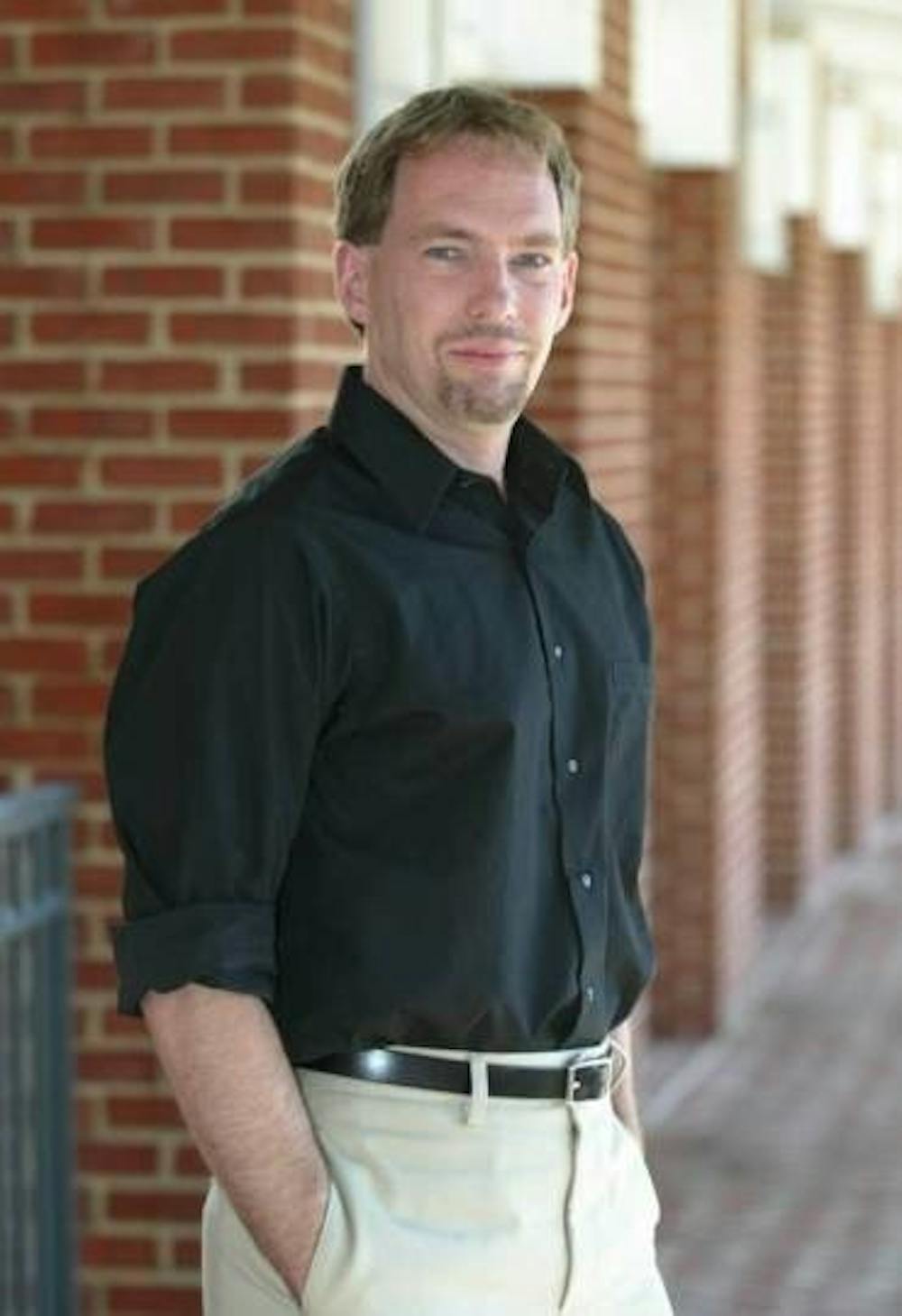The Engineering School recently piloted a new program of student advising as part of a comprehensive Total Advising Plan. The initiative is meant to improve the residential culture of the University as well as the advising process.
The new program allowed for a portion of the first-year students in the Engineering School to have their Introduction to Engineering class instructors also act as their academic advisors.
The pilot was implemented in large part due to the success of the College Advising Seminars, or COLAs in the College. Archie Holmes, vice provost for educational innovation and interdisciplinary studies, and the Provost’s Office analyzed feedback from first-year students who took a COLA and those who did not. They found those enrolled in the advising seminars were more satisfied with the University’s advising process.
Everette Fortner, the University assoc. vice president of career and professional development, said the goal of these programs is to engage the students early in their careers as well as engage them in an academic setting.
“The pilot program they’re doing in the Engineering School, like the COLA classes, is a terrific way to get students to start thinking about making meaningful decisions that will influence their career,” Fortner said.
First-year Engineering student Kaleb Libby participated in the pilot program this year. The faculty member who advised him was William Guilford. Libby and others spent 10 to 15 minutes each class talking about advising matters. Guilford also required students to meet with him one-on-one to talk about their major, classes and GPA.
“I definitely enjoyed it a lot more because you didn’t have to go out of your way to ask a question since you see him every other day,” Libby said. “He was really helpful with us in adjusting to college.”
Assoc. Professor James Groves, director of the Engineering School first-year program, believes that within the Engineering School advising is important, and even the current model has room for improvement.
“[An] internal self-reflection on things, combined with University focus has motivated us to look at this and come up with a new vision for how to advise students during their first year,” Groves said.
Groves sees the piloting program as a way to create a deeper connection and stronger relationships between the faculty and students, something they have not been able to foster in the past with regular faculty advising
“Even if you’re a responsible faculty adviser, you’re also busy. You will only meet with your advisees at best a handful of times during the semester,” Groves said. “Those limited interactions mean that as a faculty adviser and as a student you don’t get to know each other very well.”
Because of the growth in number of engineering students, SEAS is in a phase of hiring and also reexamining the duties of the faculty members. Groves said this “makes it a natural time to think again about first-year advising.”
The long term goals of the program include giving students confidence during their time spent studying in the Engineering School and promoting an atmosphere of inclusion among all students.
“We are going to put students on a trajectory towards success and [have them] feeling confident and rewarded here in the Engineering School,” Groves said. “[We are] breaking the ice between faculty members and students better, [making] students feel included [and] also potentially in certain instances being able to intervene and help students more quickly.”







